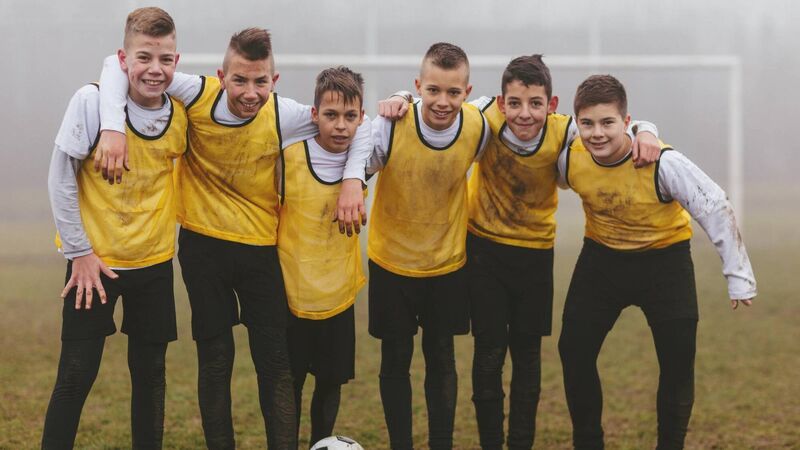Colman Noctor: Coaching soccer has changed my view on the value of winning

Colman Noctor: "As a children’s soccer coach, I have learned that winning is not everything for children but a nice bonus." Pic: iStock
Try from €1.50 / week
SUBSCRIBEANYONE familiar with my column will know I have critical views on the over-competitiveness of children’s sports. I have written about my disdain for the ‘win at all costs’ approach adopted by some organisations. However, my recent experience as a coach of an under-14 soccer team has made me reconsider — I now see the merits of winning.
My involvement with my son’s soccer team was accidental. He started playing at under-10 in 2019, and I attended his training sessions as a parent. I stayed around for the sessions simply because we lived too far away to make going home impractical. In the second season, his head coach asked if I wouldn’t mind ‘helping out’. I explained at the time that soccer was ‘not my sport’ and that most of my playing days were spent on a rugby field.
Already a subscriber? Sign in
You have reached your article limit.
Annual €130 €80
Best value
Monthly €12€6 / month
Introductory offers for new customers. Annual billed once for first year. Renews at €130. Monthly initial discount (first 3 months) billed monthly, then €12 a month. Ts&Cs apply.
CONNECT WITH US TODAY
Be the first to know the latest news and updates
Newsletter
The best food, health, entertainment and lifestyle content from the Irish Examiner, direct to your inbox.
© Examiner Echo Group Limited